This site uses cookies. By continuing to browse the site you are agreeing to our use of cookies. Read our privacy policy

African podcasts have gone mainstream. But they would benefit from lower data costs, more content, and language localization

Josephine Karianjahi, Co-Founder, Africa Podfest
As a podcast innovator, I am always curious about when and where people listen to podcasts.
Tuning in from my home office in Germany, I connect with different parts of Africa. Many of our conversations revolve around new podcast episodes, particularly those which prioritise untold or under-reported stories from across Africa. Because data costs are so high, many of us wait for Wi-Fi access to download our favourites.
For the past four years, I have worked to build and support an African podcast industry. In large part, I have done this by co-founding Africa Podfest, a platform for producing and delivering podcasts.
Many parts of the African continent are well connected to mobile telephony, and podcasts are not new to Africa. But their popularity and production has increased greatly in Nigeria, Kenya, and South Africa, especially among the urban mobile users and young people under age 25.
I know this because in 2021 and 2022, Africa Podfest produced two reports on audiences, trends, and growth prospects in the African podcast industry. It was the first continental study comparing listenership, audience demand, and sustainability of the African podcast industry.
Part of the mainstream
Podcasts are an important part of the African media now and will only grow in importance. They have captured underrepresented parts of the African experience. Many of the newest podcasts are beloved by listeners because they share diverse voices and perspectives that may not get coverage or sponsorship on existing media outlets.
Our research found that women and many other minority groups have found their audiences hungry for representation. Africa has experienced persistent negative stereotypes in popular media, often disadvantaging and deprioritizing Africa and Africans in global discourses.
Podcasting in Africa is creating opportunities to present Africa as it is, from an African perspective.
For most audiences in Africa who are keen to access podcasts, the next hurdle is finding an affordable way to download their favorite episodes. According to recent studies on broadband access, three out of five countries reporting the highest cost for 1 GB of data are in Africa.
This cost also makes accessing free web-based podcast training more difficult. Keeping in mind that many countries are also facing lower income per capita, a significant national unemployment crisis and other economic challenges, the competition for the African podcast listener’s purchasing power is stiff. Where podcasting is growing, particularly in urban areas in Africa, many download their preferred media during official working hours, perhaps when one might better access Wi-Fi in select learning institutions and in workplaces whose policies permit downloads. Many opt not to download using their mobile data. Further research is needed to discover how the sharp rise in the cost of living in 2023 will and beyond affect media consumption.
African awakening
Fortunately, there are solutions that investors can activate in the vibrant African telecommunications market.
The first would be to have a lightweight podcast player that comes preloaded on all devices. Most mobile devices in Africa come preloaded with a radio player. It makes sense to include a podcast player with African podcast content heavy on music, news, and culture. Most users purchase devices that use a non-iOS mobile operating system, and the makers of these devices can enhance the entertainment value of their offerings by making this addition.
A second solution would be to invest in content studios, which are producing a variety of audio and podcasting content. Industry players can survey and select skilled productions, which would produce localized content in languages spoken across Africa.
Five years ago, I would have bet that these sources would be a select few. But in 2024, where African creatives have wholeheartedly developed compelling audio and visual content, and audiences vote with their feet, the opportunity to select and amplify content using mobile phone access belongs to visionary investors.
The third solution would be to prioritize Africa’s preferred languages when selecting podcasts for end users to choose from. Doing this would require finding Africa’s experts when it comes to the creative industry, and in particular, the rich network of audio and podcasting creators for the continent.
These super-listeners and producers can curate content that resonates with African audiences. Language is a carrier for culture and connection and will provide added incentive for African audiences and their global counterparts to download these listening experiences. It is these unique partnerships between industry players that will ensure that all users can use and appreciate their podcasts wherever they are in the world.

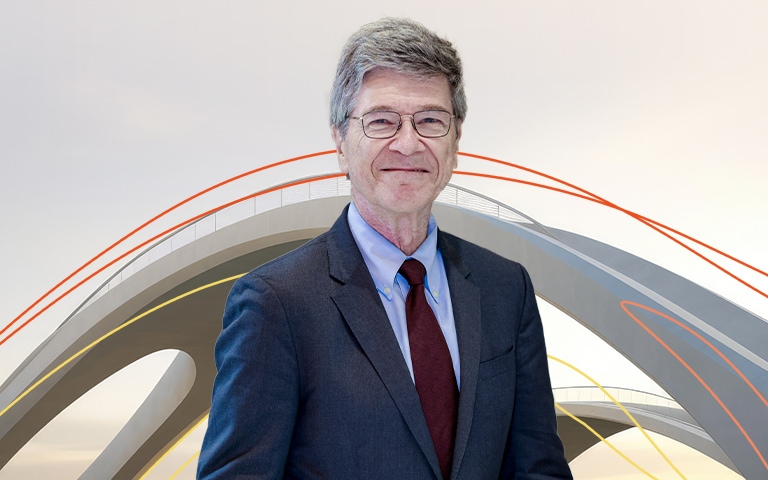

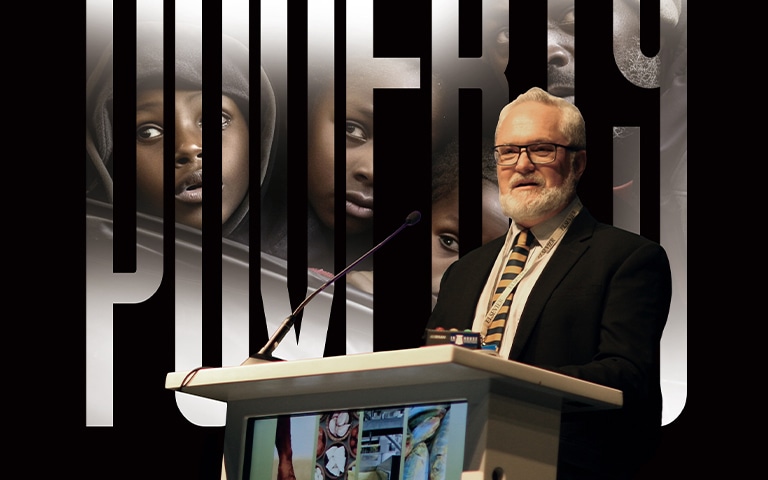
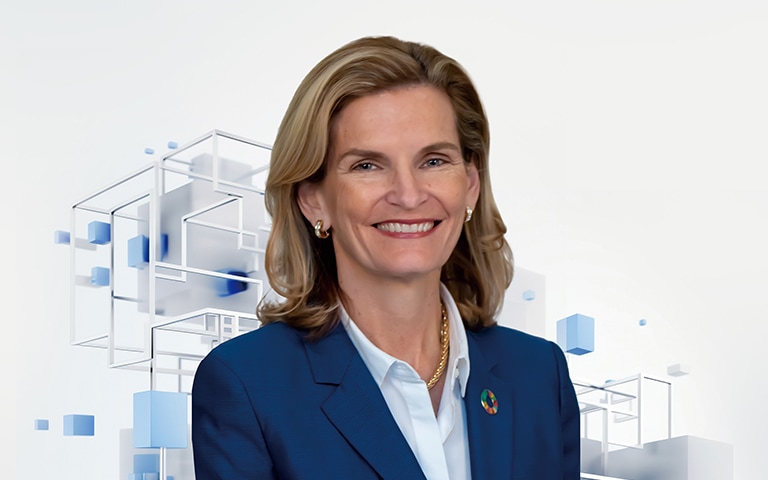
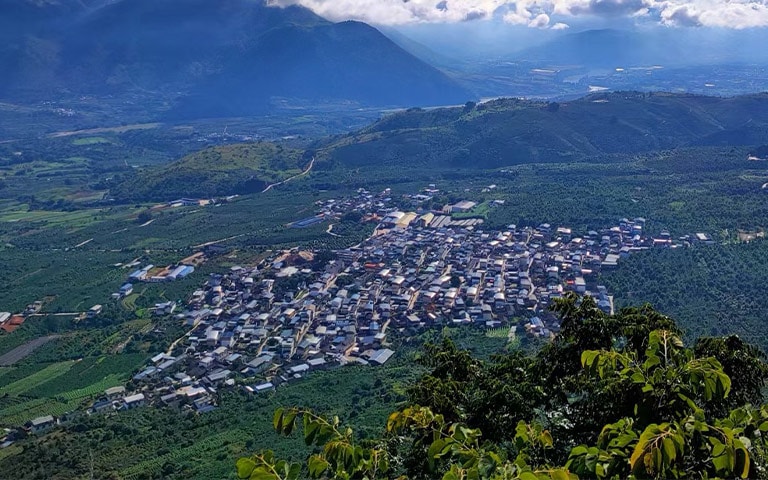
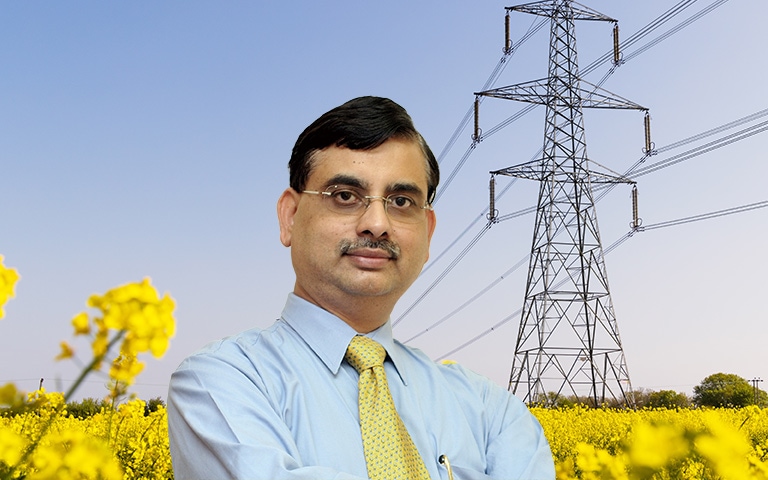
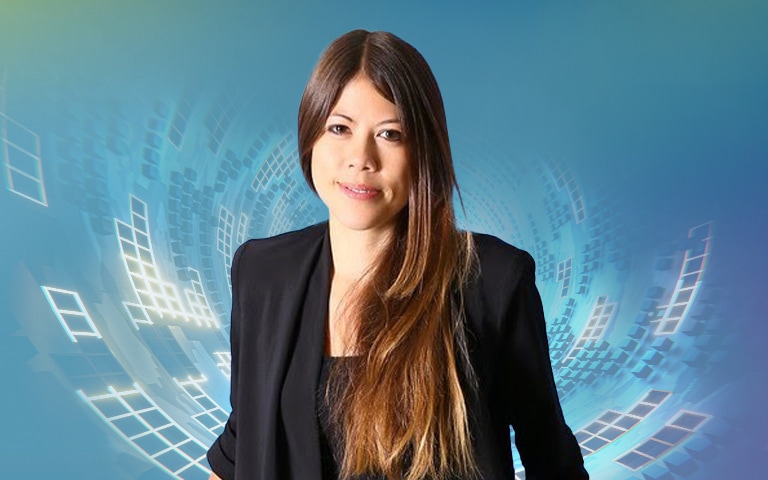

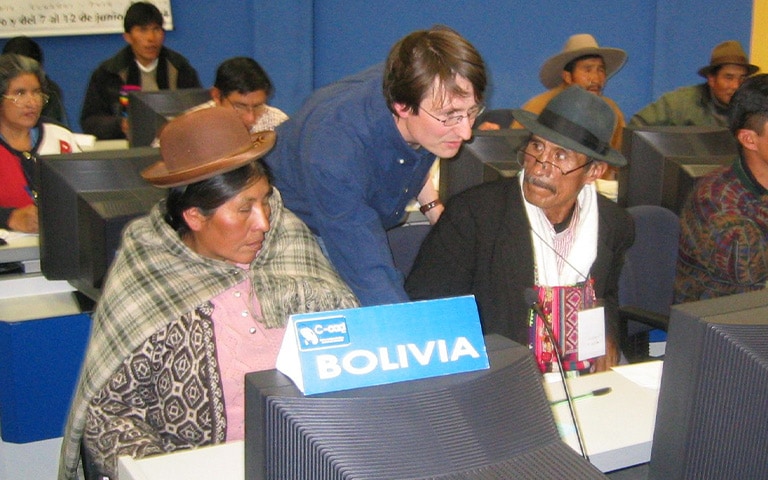
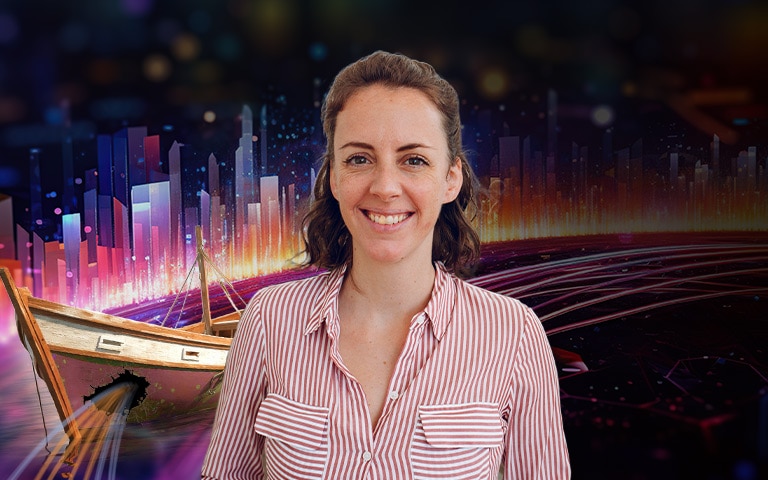
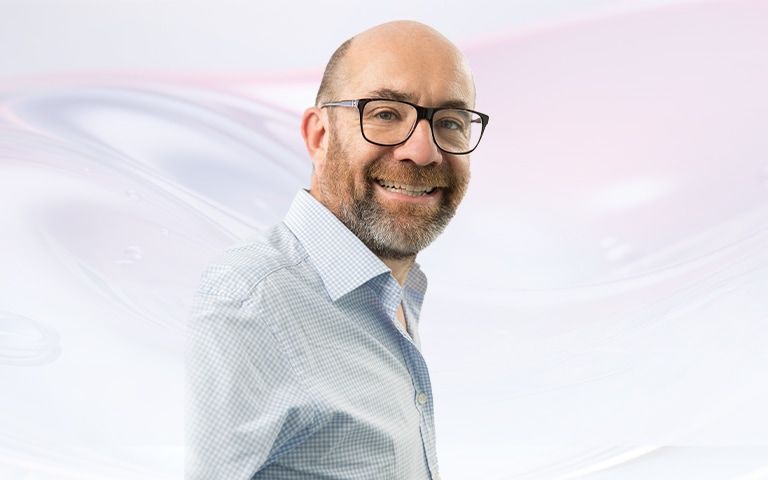
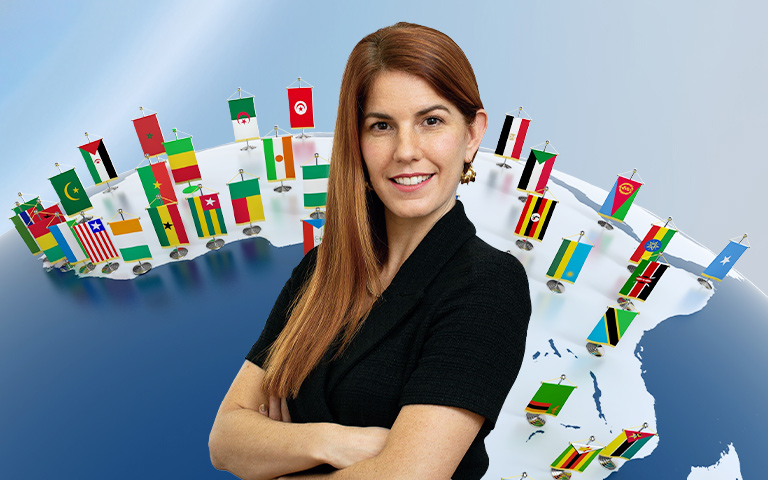
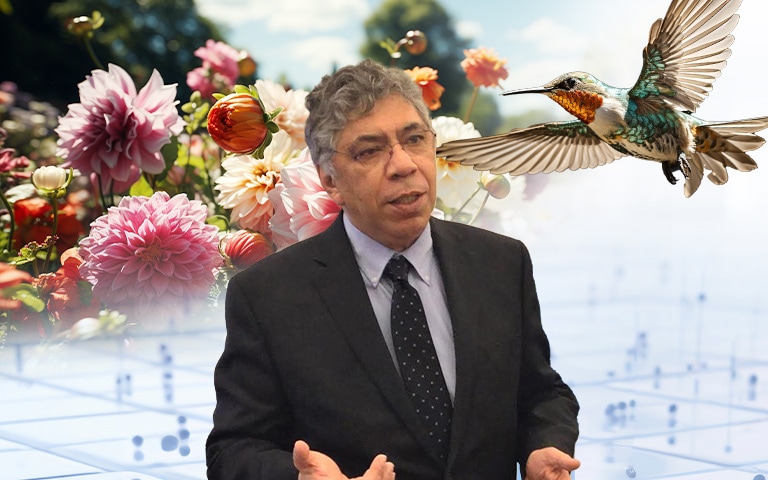


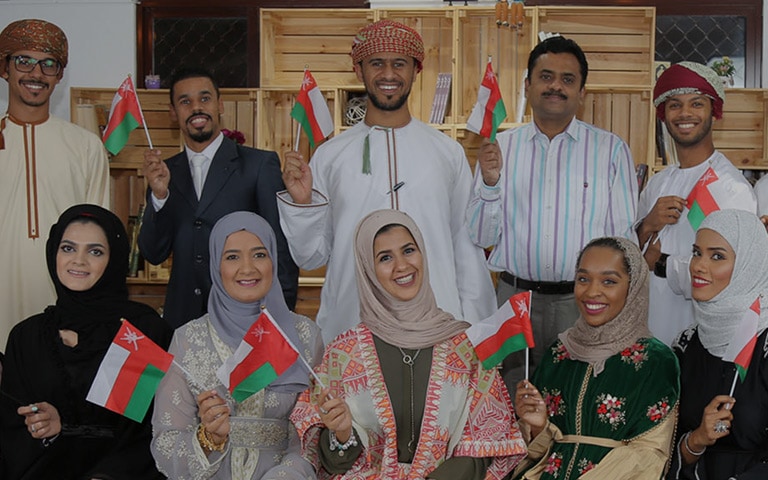
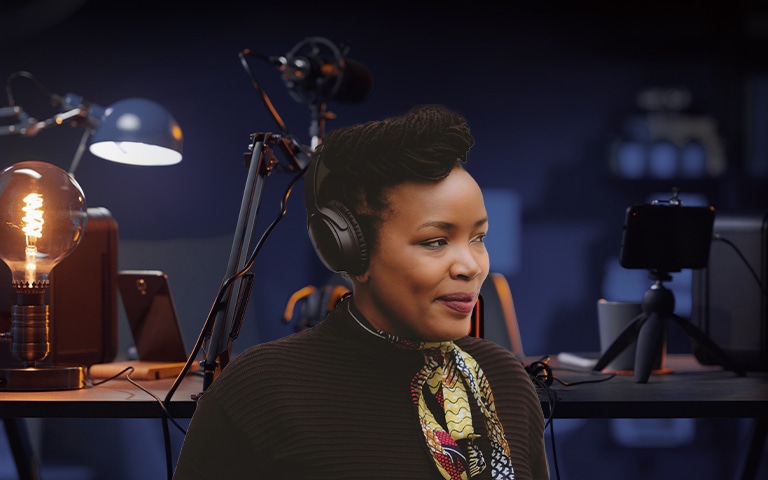
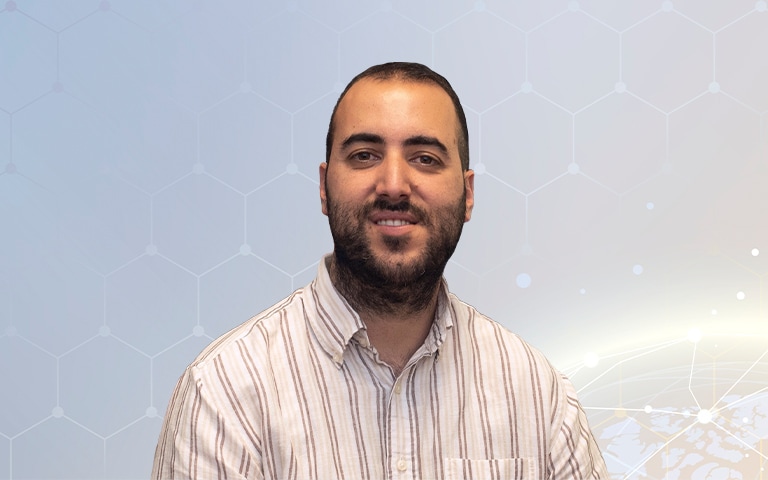
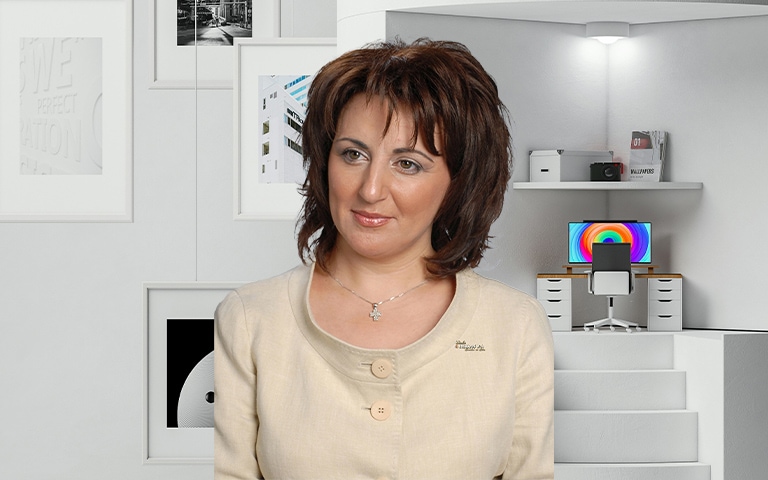

Contact us! transform@huawei.com
